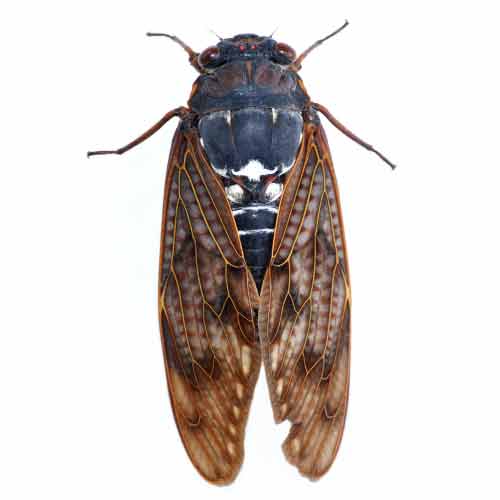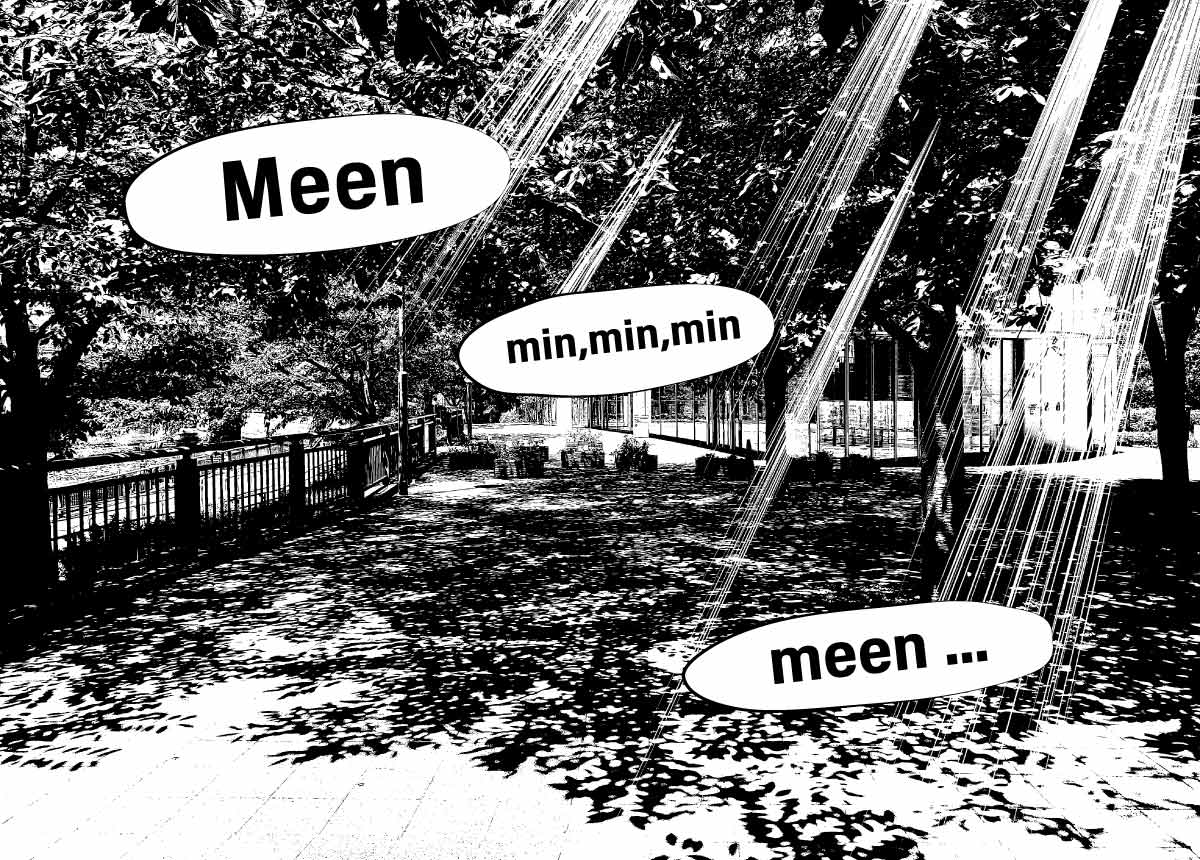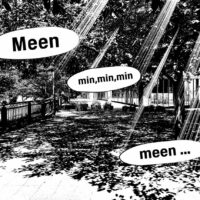“Meen, min, min, min, meen…” These sounds can be heard outside in Japan during the summer. According to a foreigner, “Japanese trees make a noise.” The sound is the “chirping of cicadas.”
 Cicada
Cicada
Cicadas start singing all at once at the end of July, when the rainy season ends. This is called “semishigure (蝉時雨).” The word means that the way cicadas sing all at once on a certain day is like a summer shower. This sound tells us the arrival of real summer and evokes some kind of emotion. Children are excited that summer vacation will soon begin, and adults are filled with nostalgic summer memories.
The life of a cicada has a special story. Only the male cicada chirps, and its voice is a courtship appeal to the female. Males with a powerful and resonant voice are popular with females. Successfully mated females lay eggs on the bark, which hatch into larvae the following year. The larvae attached to the tree fall to the ground, burrow into the soil, and grow slowly over a period of 5 to 10 years while sucking juices from the tree roots. When summer comes, the mature cicada larvae emerge from the soil and hatch into adults. A few days after hatching, the male can finally sing and calls the female to mate. A cicada’s adult life span ranges from 10 days to 2 weeks. We cannot help but feel the cruelty of providence when we hear their voices that they are doomed to die within 10 days or so of being out in the world, even though they have spent many years to become adults. As fall approaches, the singing cicadas get fewer and fewer, and when I hear only one cicada singing, I worry if there is still a female for him.
A Japanese medical scientist noticed that Japanese people perceive the insects sound as “voice,” while Westerners perceive it as “noise.” In a foreign country, he heard insects and asked a local, “What sound is this?” The local replied, “Which sound are you talking about? I’m not hearing anything.” Because the sound of insects was considered noise by the locals, they did not consciously listen to it with their ears. According to physiological research, Westerners process insect sounds with their right brains, but Japanese process them with their left brains. In other words, Westerners perceive insect sounds as mechanical sounds, noises, or just din, while the Japanese perceive them as language. The Japanese and Polynesians are the only people who consider the sound of insects a language. Chinese and Koreans are Western types when it comes to insects sounds. Even more interestingly, Japanese people who are raised with a foreign language as their first language will have a Western-type perception of insect sounds, while foreigners who are raised with Japanese as their first language will have a Japanese-type perception. These results indicate that the brain’s processing of insect sounds depends not on the physical structure of the brain itself but on which language was taught as a native language in early childhood.
How do you feel when you hear the sound of cicadas?



















